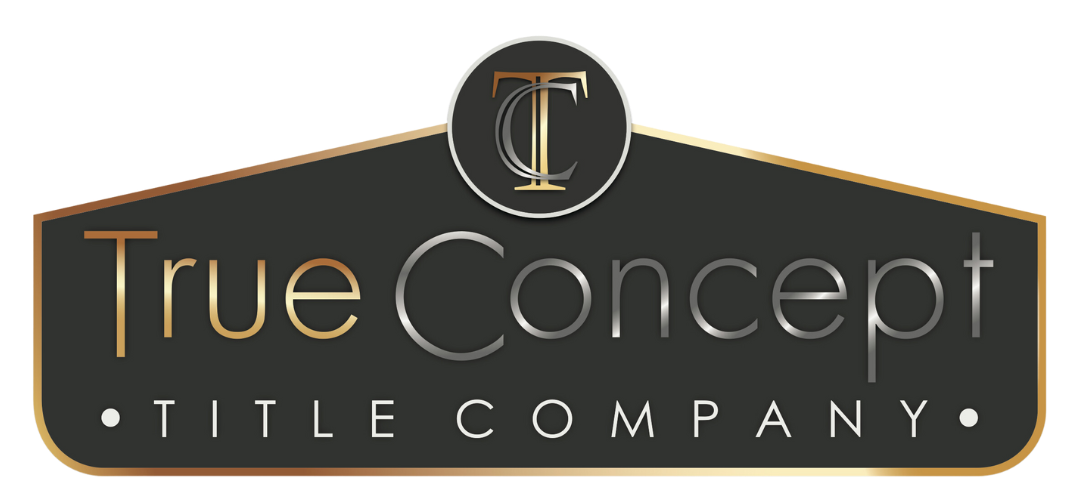Tips for Seniors on Reverse Mortgages and Title Insurance
Tips for Seniors Considering a Reverse Mortgage and Title Insurance
It is important to take different financial strategies into account when approaching retirement. One option that should be considered is a reverse mortgage. This financial tool offers a way for older homeowners to leverage their home equity without selling the property. However, understanding reverse mortgages and the interplay with title insurance is important for making informed decisions. In this article, we’ll provide essential tips for seniors considering a reverse mortgage and the title insurance implications.
What is a Reverse Mortgage?
Homeowners, 62 or older, can convert part of their home equity into cash through a reverse mortgage. The cash can then be used for various purposes, such as paying off debts, covering medical expenses, or supplementing retirement income. Unlike a traditional mortgage, where the borrower makes monthly payments to the lender, a reverse mortgage pays the homeowner. The loan is repaid when the homeowner sells the house, moves out, or passes away.
Understanding Title Insurance in the Context of Reverse Mortgages
Title insurance is a form of protection that safeguards property owners and lenders against claims or disputes over ownership. It ensures that the title to the property is clear of any liens, encumbrances, or disputes. When considering a reverse mortgage, having title insurance is crucial for several reasons:
Protecting Your Investment
Title insurance protects the financial investment made in your home by addressing potential issues that could arise regarding property ownership. This assurance is even more critical for seniors considering a reverse mortgage, as they are leveraging their home equity to secure funds.
Ensuring Clear Title
Before a reverse mortgage can be obtained, the lender will require a title search to confirm that there are no existing liens or claims against the property. Title insurance mitigates the risk of undisclosed claims affecting your ability to obtain a reverse mortgage.
Tips for Seniors Considering a Reverse Mortgage
1. Evaluate Your Financial Situation
Before proceeding with a reverse mortgage, assess your overall financial health. Consider how a reverse mortgage fits into your larger financial plan. Speak with a financial advisor to understand how this option may impact your long-term financial goals.
2. Research Different Lenders
Not all reverse mortgage programs are the same, and lenders may have different terms and fees associated with their products. Take the time to compare rates, fees, and terms from various lenders to find the best option that suits your needs.
3. Understand the Costs Involved
Reverse mortgages have fees such as origination fees, closing costs, and insurance premiums. It's important to understand these fees and how they will impact the equity of your home in the long run. Ask if the fees can be added into the loan or if they must be paid out of pocket.
4. Consider Your Future Plans
Think about how a reverse mortgage could affect your long term plans. Will you want to pass your home onto future generations? How do you plan to handle repayment of the loan? Understanding these aspects will help you make a well-informed decision.
5. Consult with Family Members
Discussing reverse mortgages with family can provide additional insights and perspectives. Talking to those who may inherit the property, will appreciate being included in the discussion. This transparency can help prevent misunderstandings in the future.
6. Seek Counsel and Guidance
When it comes to a reverse mortgage, consider seeking advice from a housing counselor who is HUD (U.S. Department of Housing and Urban Development) certified. A HUD counselor can help provide valuable information regarding reverse mortgages and help you decide whether it is a beneficial option for you.
The Importance of Title Insurance
As you consider a reverse mortgage, make sure you have the right title insurance coverage. Here are a few things to consider in regards to the importance of title insurance:
1. Protection Against Claims
Title insurance protects you from financial loss from claims on your property. These claims may include liens or ownership disputes which can occur after receiving a reverse mortgage. This is particularly important to seniors who may not have the resources to cover these unexpected costs.
2. Ease of Transaction
Having title insurance simplifies the process of obtaining a reverse mortgage. Lenders typically require proof of title insurance as part of their due diligence process. By already having title insurance, you expedite your transaction and enhance your credibility in the eyes of the lender.
3. Understanding Coverage Types
When obtaining title insurance for a reverse mortgage, be aware of the types of coverage available. Standard policies generally cover issues such as undisclosed or missing heirs, forgery, or fraud. However, it’s essential to review the specific terms of your policy to ensure adequate protection.
Final Thoughts
It’s important to thoroughly understand all aspects of a reverse mortgage. This includes the role of title insurance in protecting your financial future. Ultimately, this financial tool can be beneficial when approached with care and consideration. Be proactive in seeking information, asking questions, and surrounding yourself with trusted advisors. With the right preparation, you can take advantage of a reverse mortgage while safeguarding your home and investment through proper title insurance.
If you're a senior considering a reverse mortgage or need guidance on title insurance,
reach out to True Concept Title today. Our experienced team is here to provide expert advice tailored to your unique needs. Let us help you navigate this important decision and secure your financial future with confidence.










